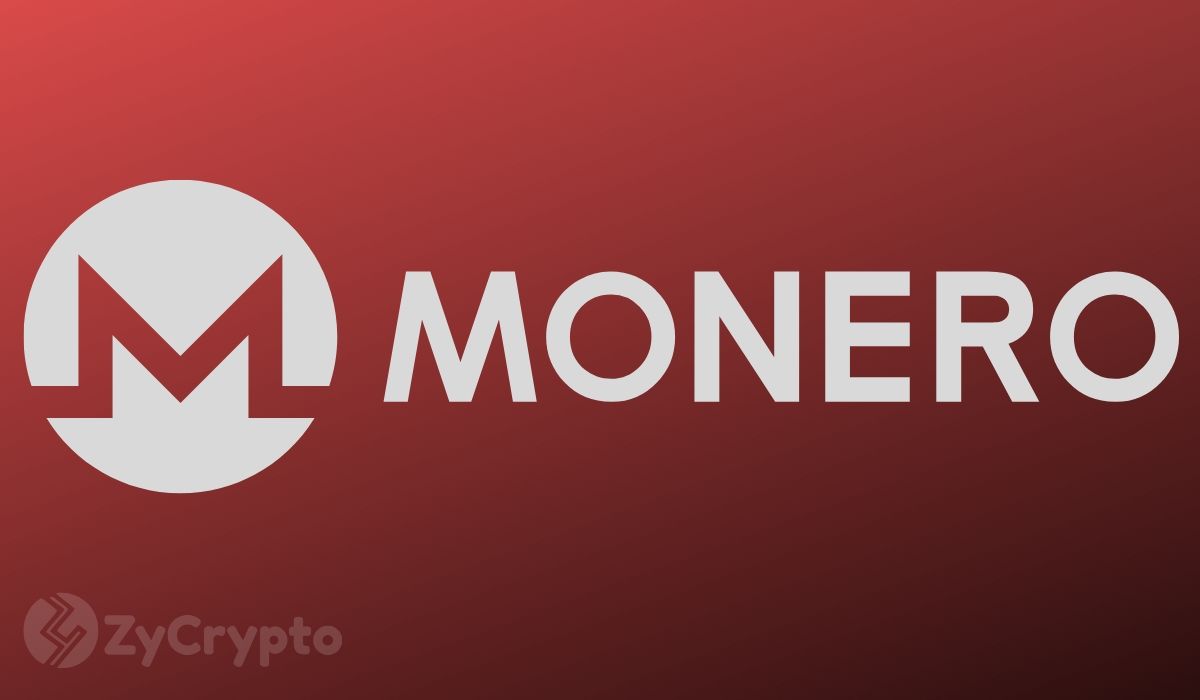Monero’s long-awaited upgrade has finally drawn in and the expectations are over and beyond, but for good reasons. The network’s scalability improvement upgrade which users have long been anticipating was carried out yesterday. The biggest change that comes with this upgrade is the introduction of Monero’s node software which has been dubbed the “Oxygen Orion.”
The network’s upgrade will see the development and the implementation of a ring signature known as CLSAG. The CLSAG is crucial for Monero’s transition into a network that prioritizes swift performance at its core.
In terms of transaction time, this feature is expected to improve transaction time by 10%. On the other end, transaction sizes will be flattened down by a good 25%. This is a big step for Monero as it continues to maintain its spot as a leading privacy coin in the ever-changing world of digital assets.
Asides from scalability and performance, mild security changes will be made as well. One of Monero’s previous software releases known as Dandelion++ (a method for hiding this connection that is planned) will be improved, so as to tighten security. Other bug changes will also be carried out to round up the procedure.
While Monero is on its way to becoming one of the most advanced privacy coins in the industry, the network might deal with a drawback from two United States government agencies; The Drug Enforcement Administration and the Internal Revenue Service, both of which are looking to break into the network’s privacy in order to “trace,” transaction movements.
The IRS was reportedly sourcing for contractors, whom it was willing to pay $1 million to help its organization trace transactions on Monero and the Bitcoin Lightning Network, shortly after CipherTrace analytics firm sent out a “Monero tracing tool,” to the Department of Homeland Security.
Monero has also warranted criticism from the European Union Agency for Law Enforcement Cooperation known as Europol. The organization explained that Monero is becoming a dark web favorite, used for privately carrying out illegal transactions. The organization conclusively warned that Monero is fast becoming an obstacle for investigators.
Meanwhile, all of this has not pulled users back from adopting Monero. The network developers are also highly focused on implementing advanced features to help widen network usage. One such is the atomic swap feature that will swiftly enable Monero users to exchange the coin for other coins. Presently, the proposal for this future has raked in over $300,000.







